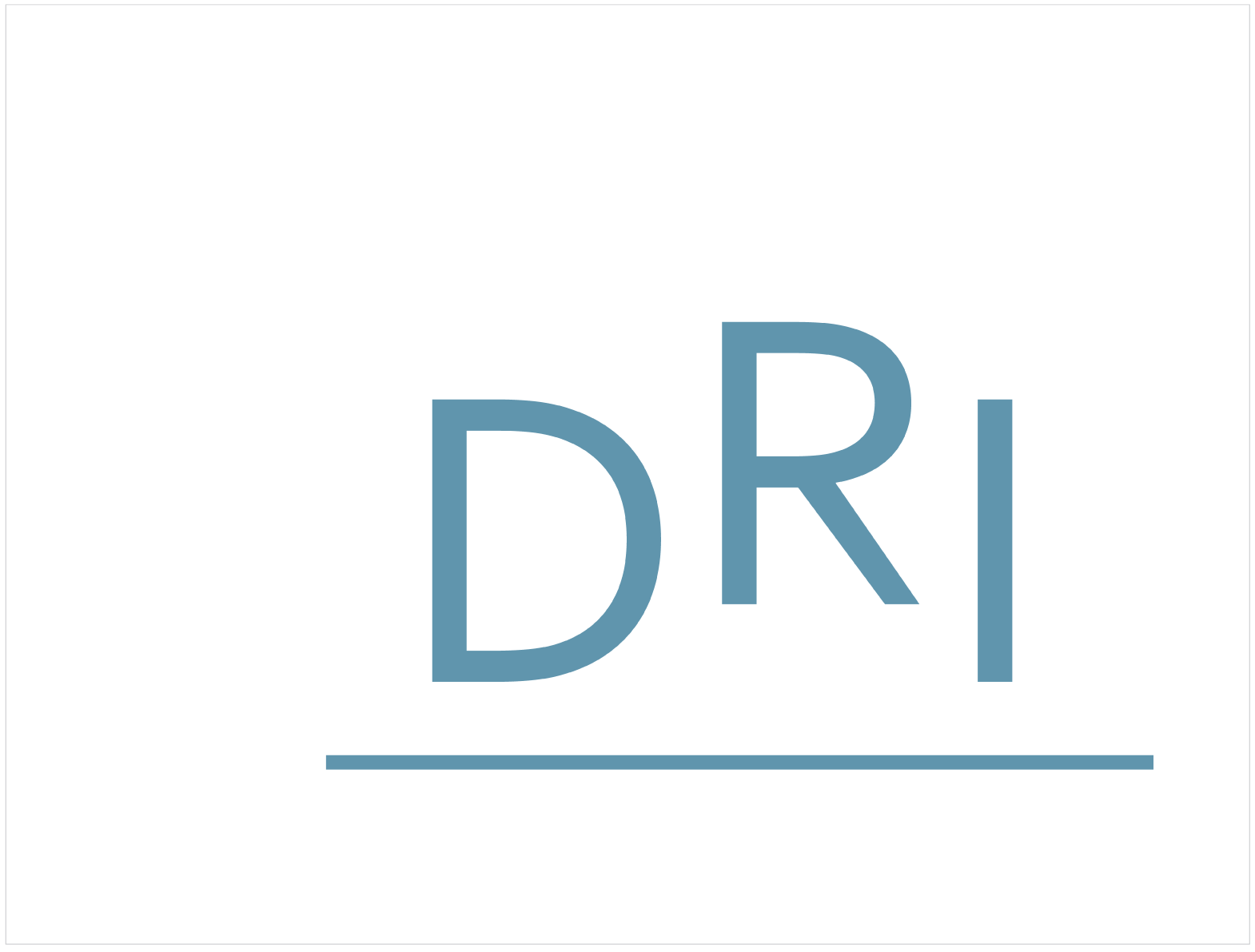The world is changing at a frightening pace. To the point that sometimes it’s hard to catch our breaths in the midst of the waves of challenges that we meet on a daily basis.
Today’s working force grew up without cell phones, and now we can’t leave home without them. We went from cassette tapes and radio to CDs, to mp3 players, to streaming platforms in less than 30 years.
To say the world changes fast is a bit of an understatement. In We find ourselves constantly adjusting to new situations, elements, and deadlines. Trying to keep up with soft and hard skills in an increasingly demanding work environment.
They say we live in a VUCA world, which stands for volatile, uncertain, complex, and ambiguous. In these conditions, it’s challenging to plan and know what will happen next because the circumstances keep changing. There is an increasing number of variables to consider and motivation is hard to pin down.
The concept of a VUCA world plants a seed of uncertainty and fear, which leads us to feelings of self-doubt, instability, loss of motivation, and lack of trust. With so many moving pieces and unsure about what our next step can be. Our mental health gets affected by what is perceived as a lack of control over many outcomes. It’s a standard response – our brains are programmed to try to predict the future.
We need an anchor that can steady our boat in the face of the stormy seas of uncertainty. Let’s dive into how we can create stability in a world that’s always changing.
How to Grow Resilience?
The American Psychological Association defines resilience as the process and outcome of successfully adapting to difficult or challenging life experiences, especially through mental, emotional, and behavioral flexibility and adjustment to external and internal demands.
A simple way to put is the more resilience we have, the better our ability to adjust, adapt and “roll with the punches” that life throws at us. Alternatively, people with low resilience will struggle more to pivot when faced with challenges and changes.
Research shows that those who deal with minor stresses more easily also can manage major crises with greater ease*. So, resilience has its use in the daily stressors we face every day like, a spilled coffee as well as a bigger crisis like losing our job.
Martin Seligman proposed the 3 Ps of Mindset to help us navigate the waves of change. By considering the following three concepts we are able to take some perspective and look at a situation from different lenses:
- Permanence. Refers to how we think a bad situation will last forever.
- Personalization. Refers to thinking that the problem is yourself.
- Pervasiveness. Refers to thinking a bad situation applies across all areas of your life.
| Instead of This | Try This | |
| Permanence | I will never achieve X. | I haven’t achieved x, yet…How can I achieve X? |
| Personalization | I am not smart enough. | I am lacking in this specific skill. (speaks of the skill, not you as a person) |
| Pervasiveness | Everything is ruined. I fail at everything. | This bad situation is about X. I can separate it from the other areas of my life. (can remind yourself of success in other areas) |
Becoming resilient doesn’t happen overnight. Much like riding a bicycle, employing a new skill feels very awkward at first, yet the more we practice the more it becomes a habit. To the point of feeling natural and second nature to us.
Practicing self-awareness will allow us to catch ourselves in moments where we fall victim to permanence, personalization, and pervasiveness. Once we have gotten used to catching it, we can then start replacing it with more positive thoughts that will allow us to build up our resilience and deal with changes big and small.
Tiara Hoquee
Psychologist and Emotional Intelligence Coach
*Southwick SM, Vythilingam M, Charney DS. The psychobiology of depression and resilience to stress: implications for prevention and treatment.
The Leadership – Raising Our Emotional Intelligence (EQ) and Resiliency Program is specially designed to corporate leaders about identifying and integrating their feelings and thinking to generate effective actions. It is a framework to help leaders to cultivate their resiliency to handle stressful demands, overcome setbacks and accomplish aggressive organizational goals effectively. Click HERE for program details.


